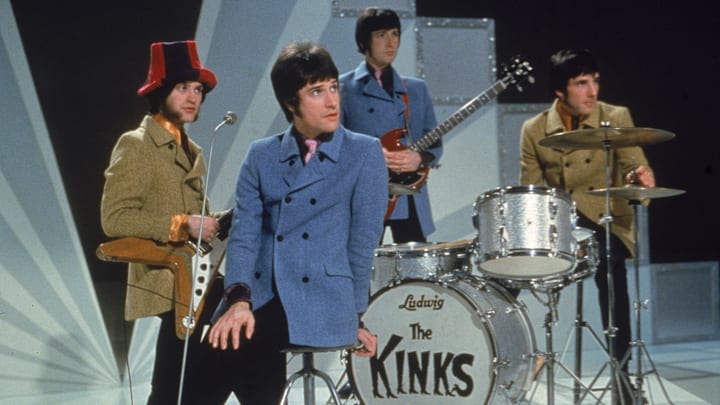Norman Greenbaum - "Spirit in the Sky" (1969)
Greenbaum knew nothing about gospel music when he wrote the song. He was oddly inspired to create the song after he watched country music icon Porter Wagoner perform a religious tune on TV, and Greenbaum thought to himself, "Yep, I can do that." 15 minutes later he had the words written, but not the exact sound.
Greenbaum first fooled around with an acoustic version and then a folky attempt. Neither of these quite fit the words, however. A producer with Reprise Records then suggested he go into the studio with a four-piece group to record an electric version. Playing a guitar with a fuzz-tone circuit built in, Greenbaum found the sound that would cause the track to be iconic.
The words are interesting enough. They seem more space-age than religious, but coupled with the fuzzy tone of the guitar a perfect example of psychedelic rock was born. Somehow the tune feels as fresh today as it did in 1969. That is the proper way to record and engineer a song.
David Bowie - "Space Oddity" (1969)
Bowie always knew how to capture a moment in time and turn that into a work of art. The premise of "Space Oddity" is simple enough when compared to the moon landing in the same year. People were space crazy but this track was not some fluffy money grab. Bowie did just spin off a silly song about space; he gave the main character a lot of loneliness to a backdrop of hope.
For this reason, the song could have died upon release. Instead of some peppy tune of happy astronauts, earthlings could relate to the song because there was a lot of despair at the time as well. The Vietnam War was occurring and the counter-culture was fighting with the establishment. Bowie was personally experimenting with drugs.
Now, most people likely don't relate to the space age-ness of the song. Instead, they can empathize with the emotions of Major Tom. He might be far off in space, but David Bowie's track makes us somehow feel safe.
